10 working from home tips – and rights – you MUST know if it's your new normal
WFH until at least next year – or permanently? Get clued up on how to set up your office so it's comfortable – plus those all important rights

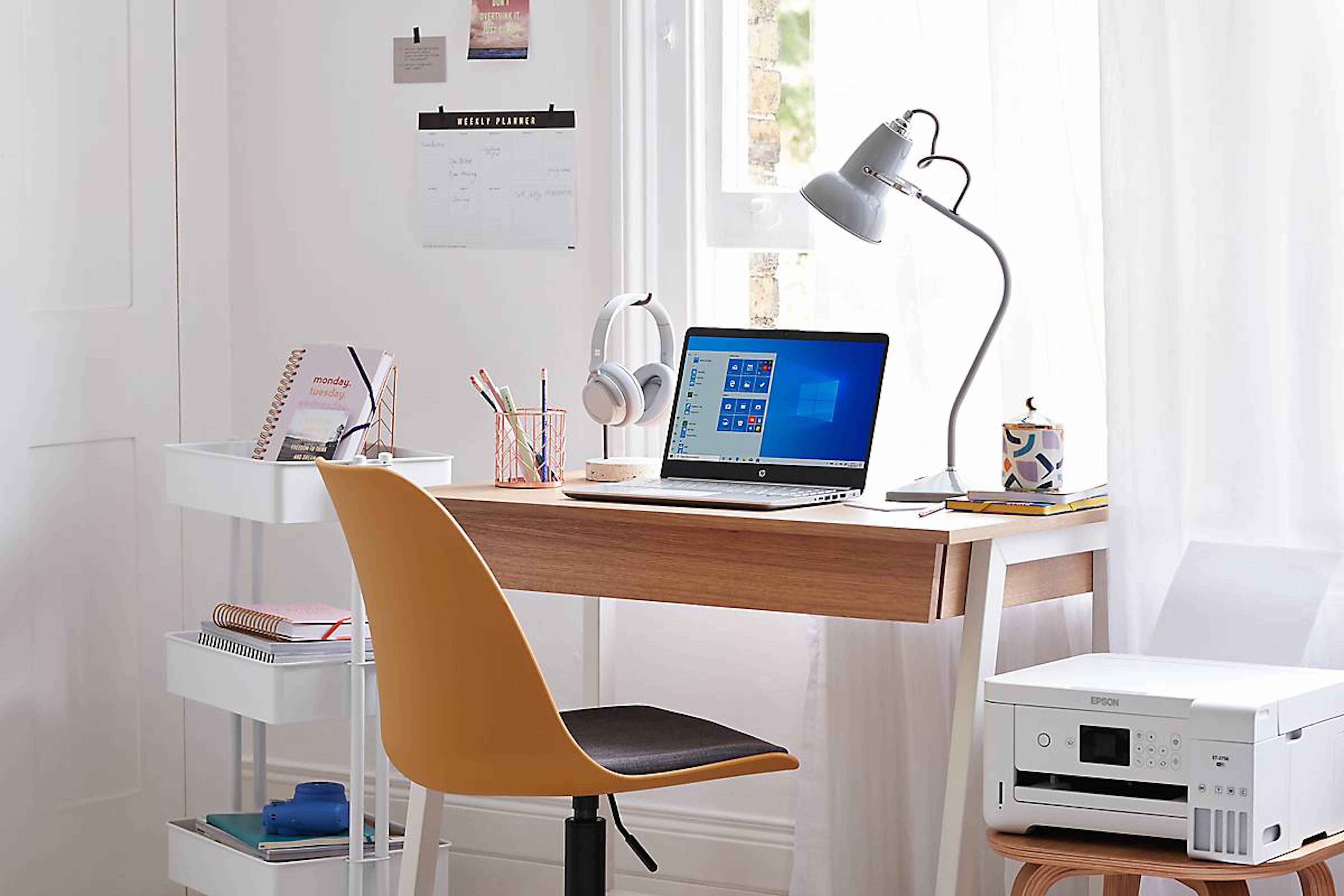
Working from home might have started as a temporary solution, but for many of us, it’s become the way things are. For some, doing our jobs at home will last until at least 2021, while for others, spending at least part of our working hours there will continue indefinitely.
But once working at the kitchen table, in a box room, or on the sofa isn’t just temporary, it’s vital to create a home office set-up that’s conducive to concentrating and comfortable and convenient to use. Also vital is knowing how WFH might change your rights and responsibilities as an employee and a homeowner.
We asked the experts at John Lewis to give us their advice on creating a permanent home office, and you can check out our home office ideas for more inspiration. We’ve got the tips you need on tax, insurance, and rights, too.
1. The right desk size is vital if you're working from home long term
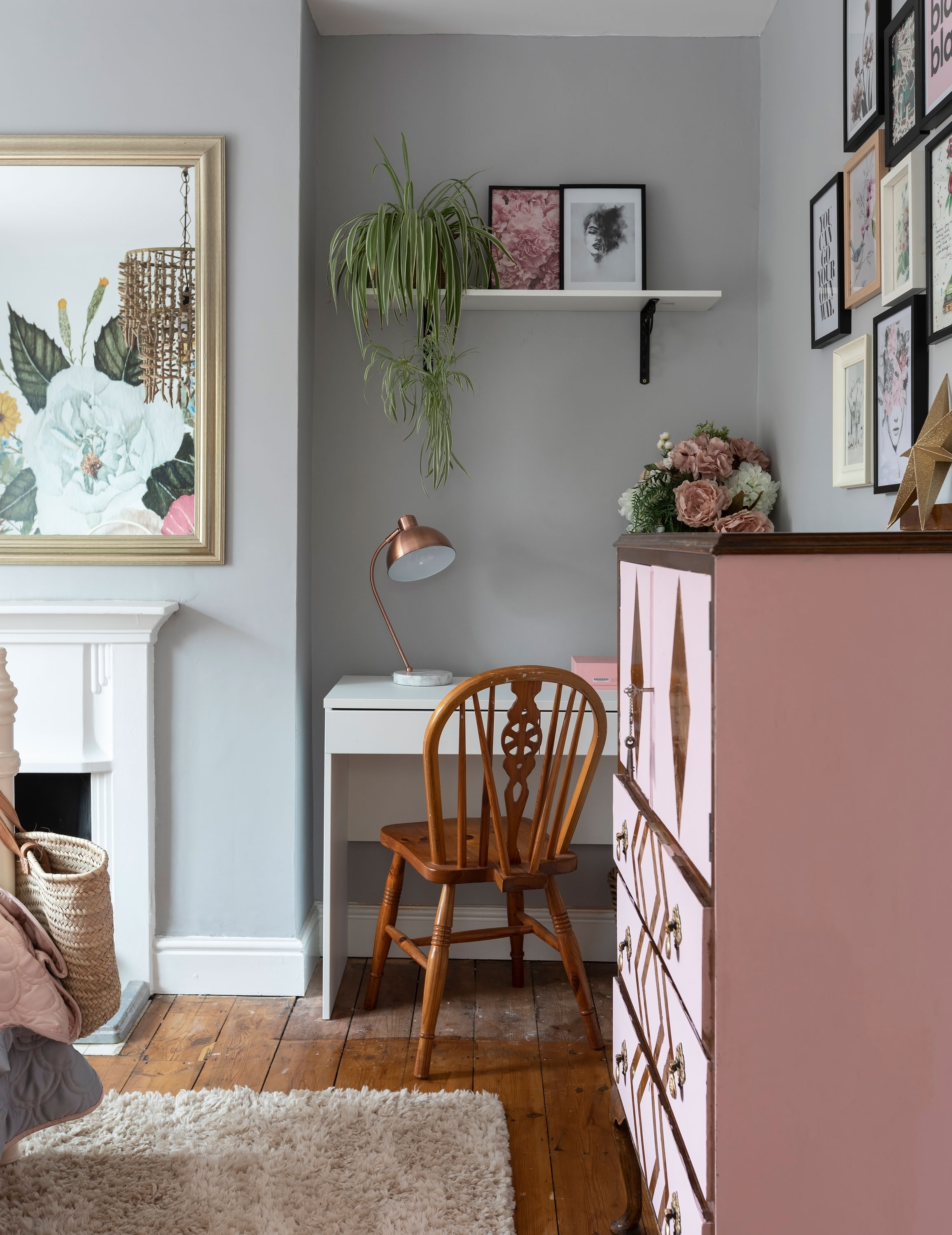
Don’t hold back when it comes to the dimensions of your desk. ‘A good home office needs to be functional first and beautiful second,’ says David Barrett, Partner and Live & Dine Buyer, John Lewis. ‘A tiny desk won’t give you the space you need, however slimline models can still have a lot of surface space for everyday working.’
Check out our best desks buyer's guide for an idea of what's available and what price you're likely to pay. The desk above is a Realhomes.com tried and tested buy – it's from Ikea.
2. Get good home office lighting for late nights
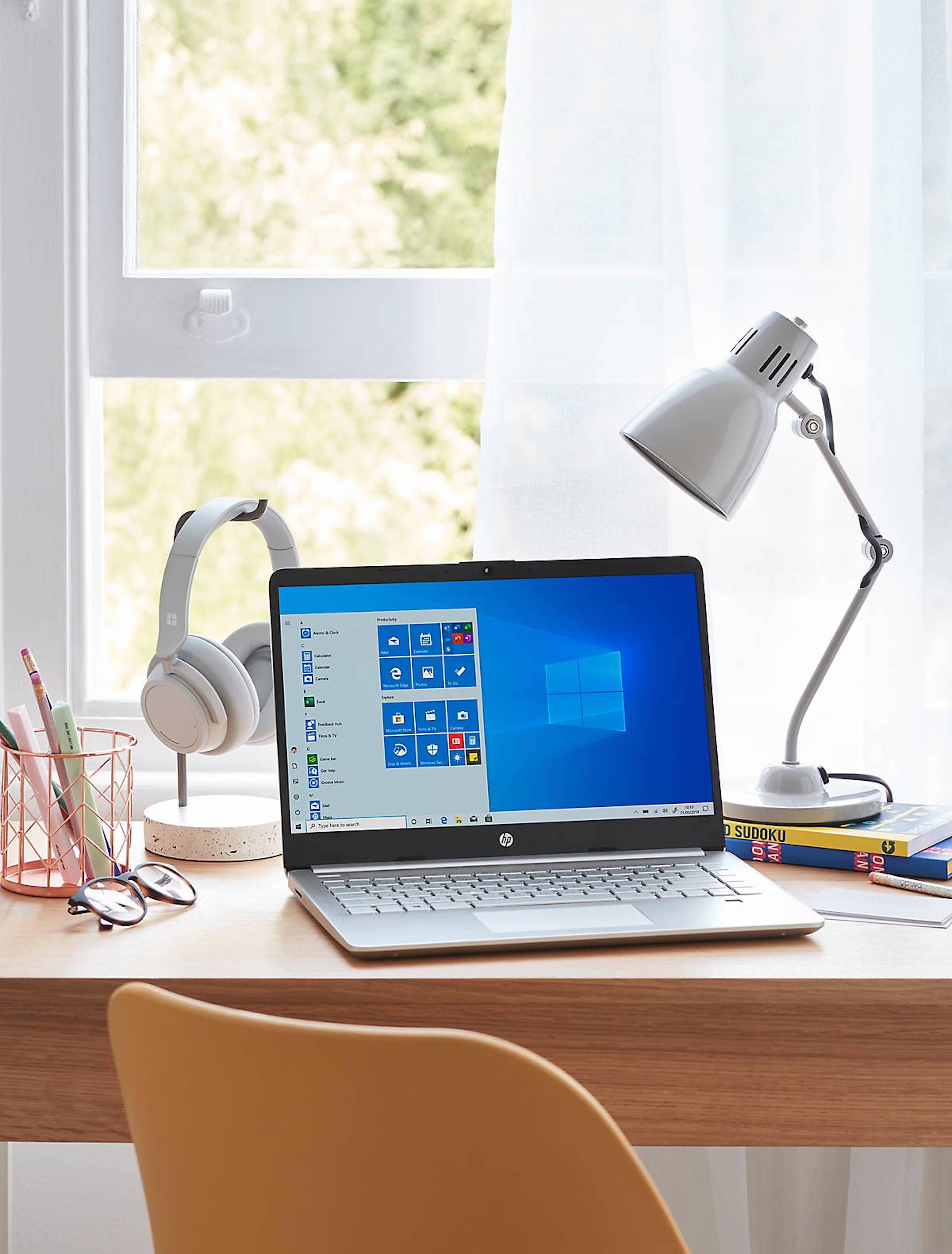
You’ll need to consider both the daylight and artificial illumination in your work area. ‘Placing your desk parallel to the window brings the benefits of natural light and a welcome view to focus on every time your eyes need a break from the screen glare,’ explains David. ‘It will also allow you to watch the change of seasons throughout the year.’
Your room already has ambient (general) lighting, of course, but supplement this with a task light for your desk. Position it behind the screen, and if you’re writing as well as typing, opposite your writing hand to avoid shadow.
Get small space home decor ideas, celeb inspiration, DIY tips and more, straight to your inbox!
These are the best desk lamps in our opinion, if you're looking for something stylish AND practical.
3. Sit comfortably on an office chair that looks good too
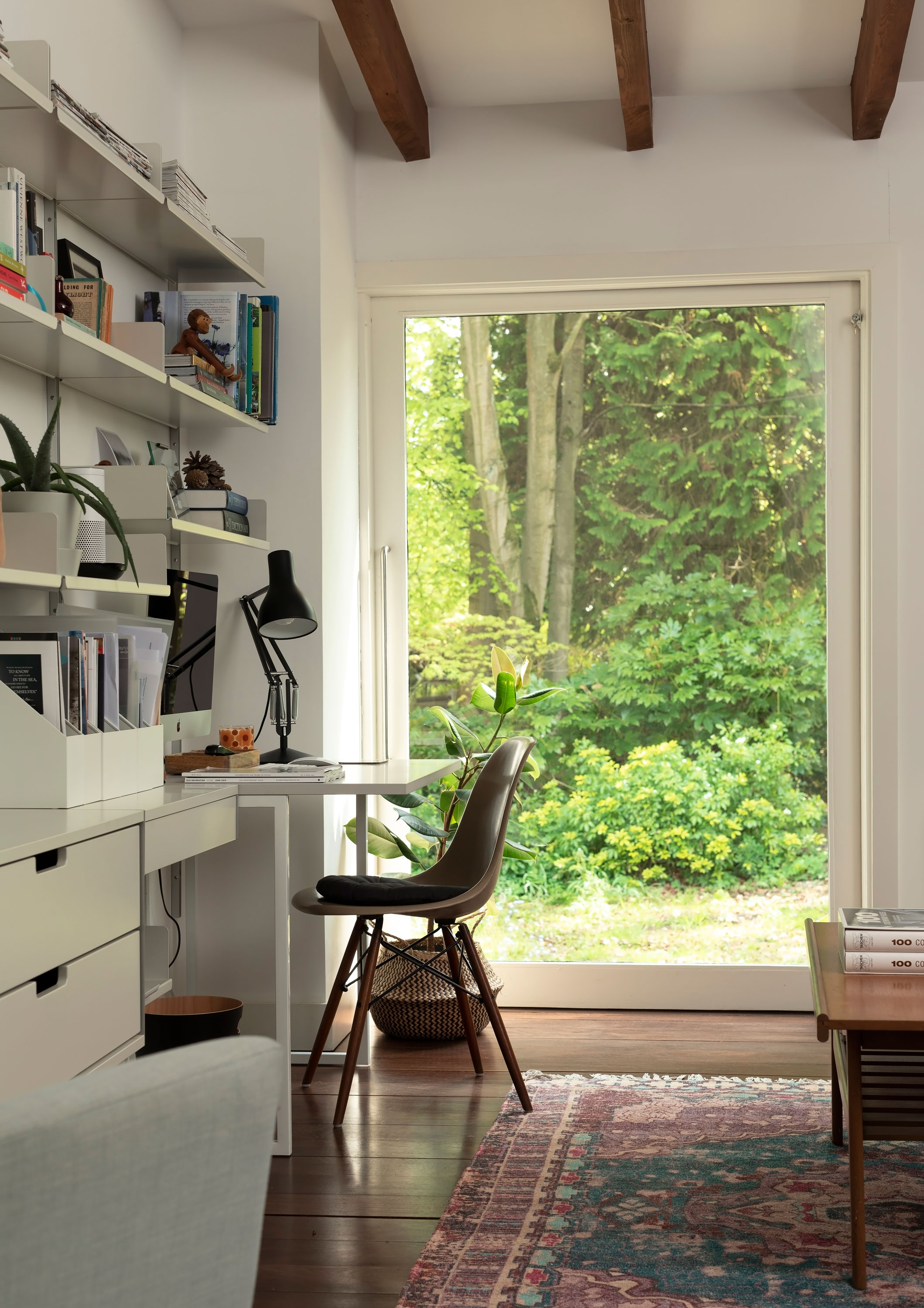
Pay attention to the chair you team with your desk. ‘A good chair should be supportive of your body, allowing for plenty of movement,’ says David. ‘It should also be suited to your workstation, especially the height of the table or desk top, which you need to be able to rest your forearms comfortably on.
Feet don’t reach the floor? ‘A foot rest can help,’ he says. ‘A good one will allow you to rock your feet to help with blood circulation.’
Think about how many hours you spend sitting down each day, too. ‘The longer you’re using the chair daily, the more features you should take into consideration, like lumbar support, seat height and tilt adjustments,’ says David.
‘If more than one person will be using the chair look for one that has dynamic adjustment and integrated lumbar support,’ he adds. ‘For those who sit for several hours a day you will find mesh a cooler fabric option, an important factor in the summer months.’
Our pick of the best office chairs includes buys that are ergonomic but good-looking, too.
4. Be tax savvy if you're working from home

Photo by Campaign Creators on Unsplash
You might be able to get tax relief on some of the bills you have to pay because you have to work at home on a regular basis, says HMRC. However, if you agreed with your employer to work at home voluntarily, or you choose to work at home, you can’t claim tax relief on bills.
If you are eligible to claim, bear in mind that this only covers things to do with your work like business phone calls, and gas and electricity for your work area. You can’t claim for things that you use for business and privately, such as broadband.
From 6 April 2020 your employer can pay you up to £6 a week (£26 a month) to cover your additional costs if you have to work from home. You can find out more and check if you can claim tax relief on Gov.uk.
5. Factor in home office storage
Does working from home mean accumulating paperwork? If so, plan storage into your home office. ‘Opting for desks with built-in storage helps ensure you can maintain a tidy and calming atmosphere you enjoy spending time in,’ says David. ‘Desks with integrated storage and filing are great for keeping your space tidy at the end of a working day, allowing time away from work.’
Paper’s not the only thing that can create clutter. ‘Look out for cable management for your phones and computing equipment,’ advises David.
Find tons of ideas for home office storage in our guide.
6. Agree on working from home equipment with your employer
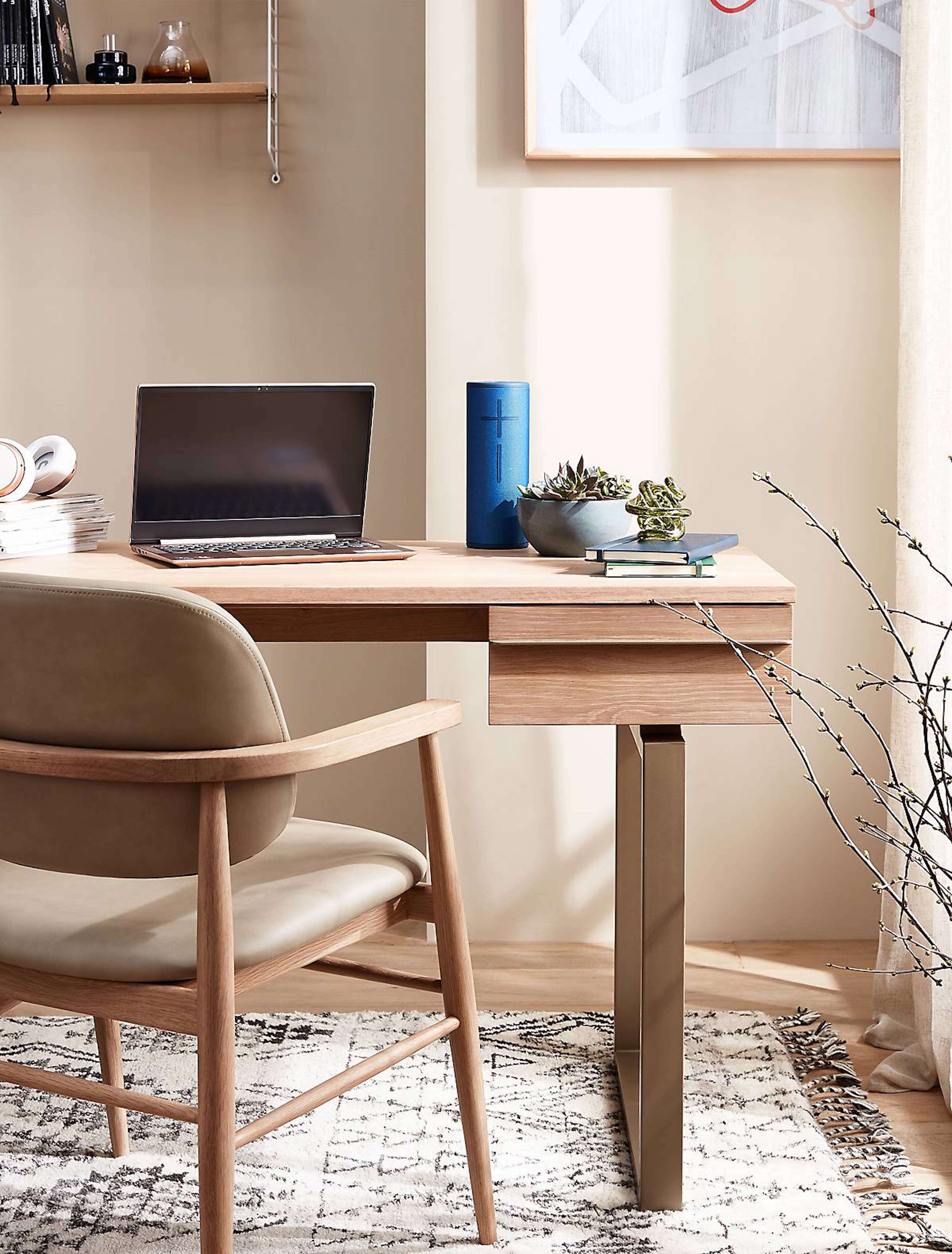
Who pays for the equipment needed to set up your home office? You may be the one forking out. Talk to your employer about what’s required in terms of furniture and tech, and find out which set-up costs it will pay.
Once you have what you need, your employer should support you in setting up any new equipment and technology, says conciliation service ACAS.
7. Consider updating your home insurance if you're working from home

When you’ve swapped the office for home working, do you need to let your home insurer know? ‘If you are an office-based worker and are working from home as a result of the pandemic, your home insurance cover will not be affected. You do not need to contact your insurer to update your documents or extend your cover,’ says the ABI (Association of British Insurers).
However, if you could return to work but have chosen to work from home more often, you may need to let your insurer know. Check your documents or the insurer’s website, or get in touch directly if you aren’t sure.
If business equipment like a laptop belongs to your employer, generally it would be liable for ensuring it’s insured away from the office, says the ABI. The laptop’s yours? You’ll need to cover it.
Find out more in our guide to home insurance.
8. Enjoy your space when you're working from home

You’re likely to be in your home office for hours at a time, so make it a pleasant space with artwork on the walls and a rug underfoot. The latter can also help zone the office area if it’s part of another room.
Unlike in the office, your surroundings don’t have to be unchanging now you’re in charge of the decor. ‘Change artwork pieces and shelving to keep your work area enjoyable and fresh,’ says David.
9. Know your rights when working from home
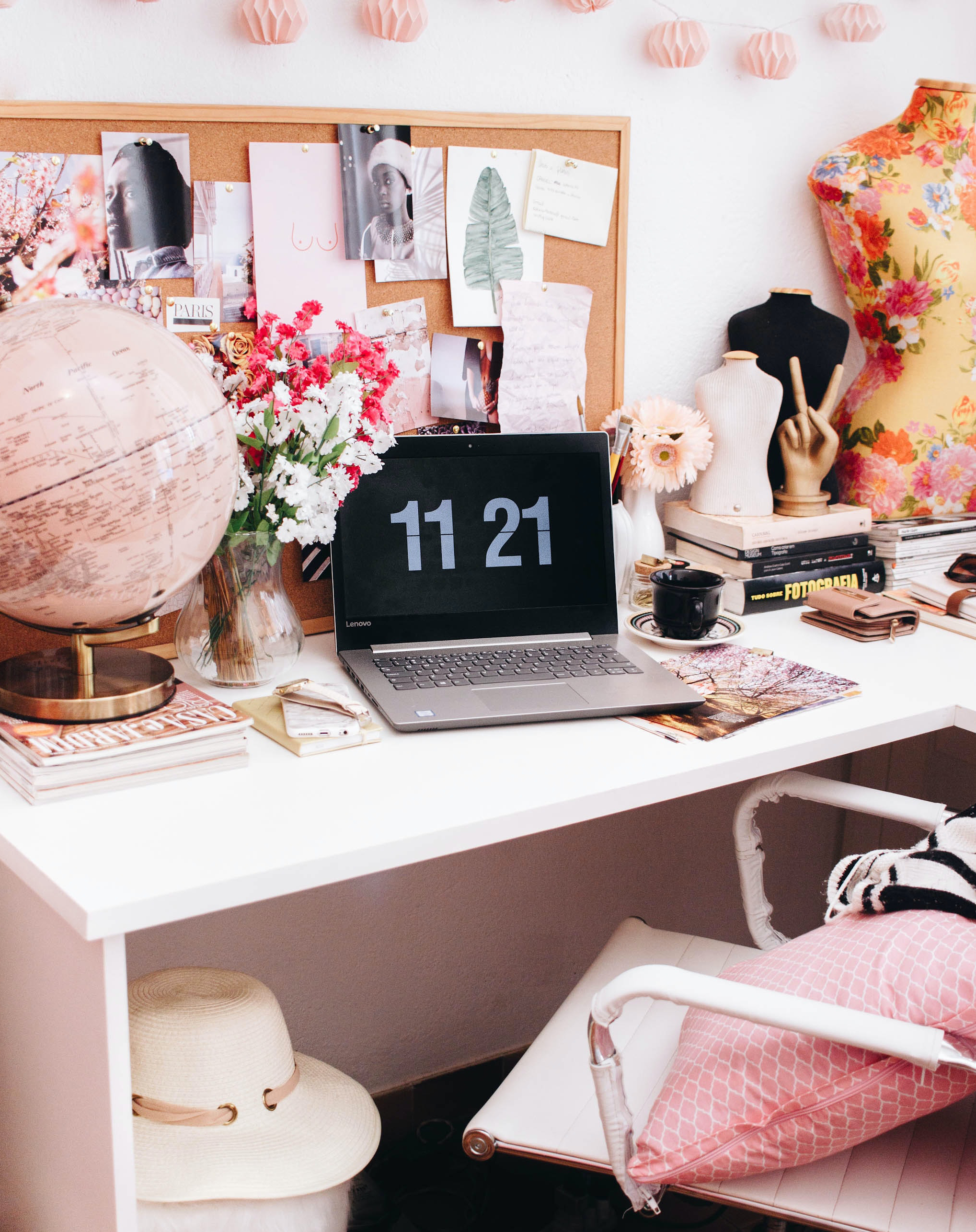
Photo by Ella Jardim on Unsplash
Your usual terms and conditions of employment still apply apart from having to work from home on a temporary basis, says conciliation service ACAS. Your employer should also make sure you’re following the law on working hours, the body says. Unsure? Contact your company's HR department for clarification. Don't have one? ACAS can help, and is a great source of information.
10. Combining childcare with WFH

Photo by Kelly Sikkema on Unsplash
With schools due back some of the difficulties of combining work and childcare will be eased. But if you’re looking after children, talk to your employer, recommends ACAS. You might be able to agree a more flexible home-working arrangement with different hours, or targets.
- Traditional home office ideas – get the perfect period look

Sarah is a freelance journalist and editor writing for websites, national newspapers, and magazines. She’s spent most of her journalistic career specialising in homes – long enough to see fridges become smart, decorating fashions embrace both minimalism and maximalism, and interiors that blur the indoor/outdoor link become a must-have. She loves testing the latest home appliances, revealing the trends in furnishings and fittings for every room, and investigating the benefits, costs and practicalities of home improvement. It's no big surprise that she likes to put what she writes about into practice, and is a serial house revamper. For Realhomes.com, Sarah reviews coffee machines and vacuum cleaners, taking them through their paces at home to give us an honest, real life review and comparison of every model.